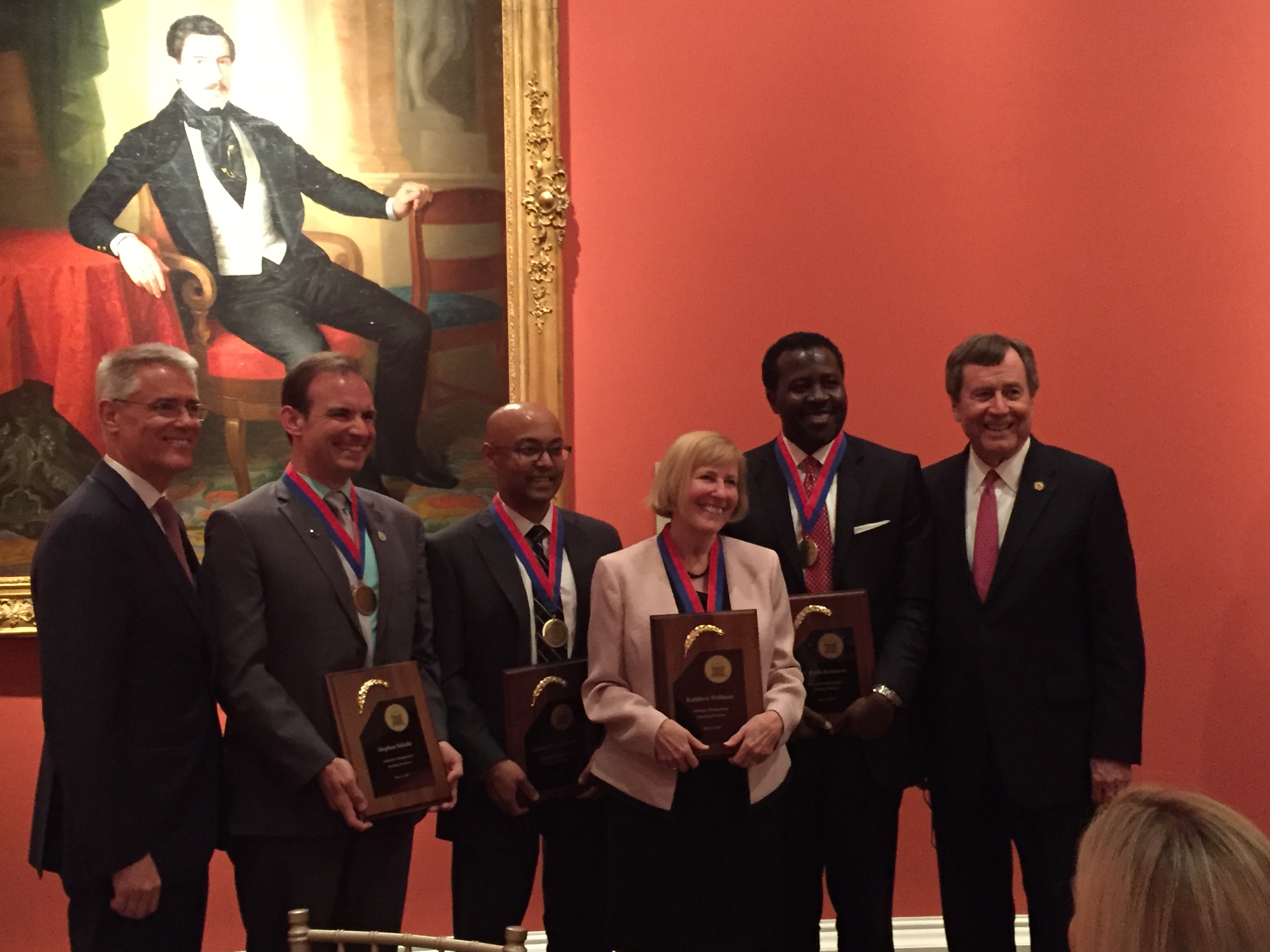Today was my favorite day of the year – the day we set our clocks back one hour. Sure, the sun now sets one hour earlier; on the other hand, it’s safer to jog on the road in the morning. Most important of all, it was a chance to steal one more hour of sleep without facing serious consequences. I certainly took advantage of this.
It’s time to take stock of the days ahead. There is so much to do. One of my research projects is drawing to a close, and I’m beginning to think ahead to the next project. I’m getting excited about the paper that will result from this current work, but I’m looking forward to another change of pace and scenery after it is out the door.
I’m also thinking about the farther future. Things have been quiet on the LHC front since CERN issued its report on the damage to the accelerator [1]. Now that I’m back at SLAC, information is a little harder to come by than when I was on the road, chatting up LHC physicists at nearly every stop. There is an ATLAS group, but many of the members I know well (and are here) are fairly new to ATLAS, and it takes a really well plugged-in person to get good information about the accelerator. Information, it seems, comes at a real premium at CERN.
I’ve also been thinking a lot about dark matter and dark energy again. Part of this was prompted by my sister asking me, cryptically at the time, “Is the universe constantly expanding, and will therefore continue to expand outwards……or will it reach it’s limit and then begin to move back in on itself?” Ten years ago, we would have said either “expanding forever” or “will collapse”, depending on what evidence you felt most strongly about. Now, the answer is “it will expand forever, faster and faster.” Dark energy, unknown just a decade ago, has become part of our story of the universe, though we know nothing about it. Some people think that a measurement of it may be just within reach [2]. It’s an adventure, either way.
As for dark matter, I’ve been thinking a lot about competing technologies. I like them. I love the blending of solid state and particle physics inherent in the CDMS experiment, but I like the upstart liquid noble detectors, and I’m a real fan of the time projection chambers only because they are a beautiful particle physics technology. But I worry. I worry that we’re barking up the wrong tree. As somebody asked a colleague of mine recently, “How do you know when to stop looking with your detector – how do you know it’s time to give up and re-think the problem?”
We always fall back on what we know. We fall back on colliders at higher energy to punch through into the next spectrum of particles. But will we find anything? We fall back on detecting the recoil of a weakly interacting particle with a medium. But are they heavy enough to be detected? We fall back on the comfortable and safe choices of technology and method, but is Nature kind enough to have put something within the reach of our comfort zone?
[1] http://press.web.cern.ch/press/PressReleases/Releases2008/PR14.08E.html
[2] http://www.hep.upenn.edu/ichep08/talks/misc/download_slides?Talk_id=383


